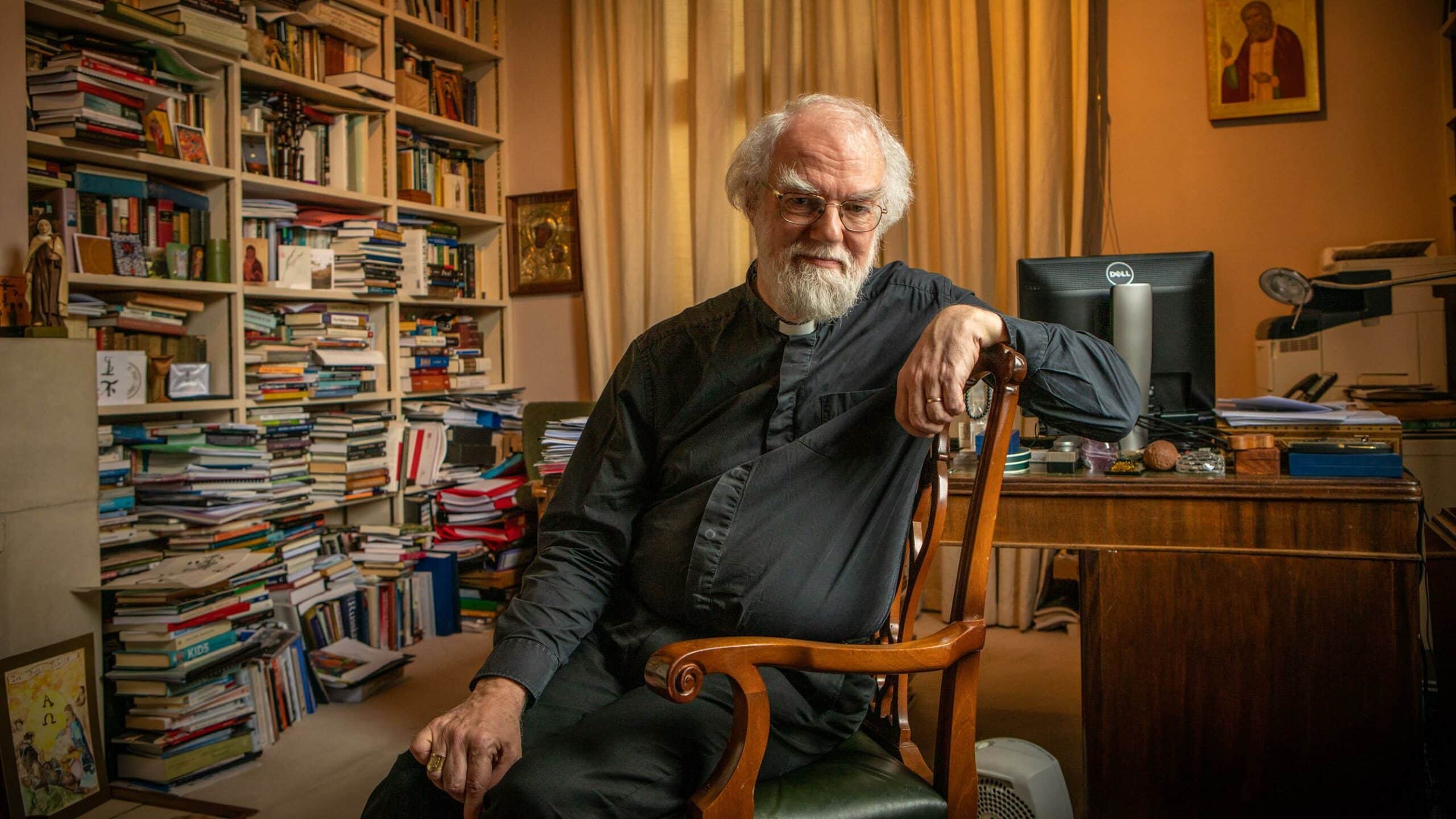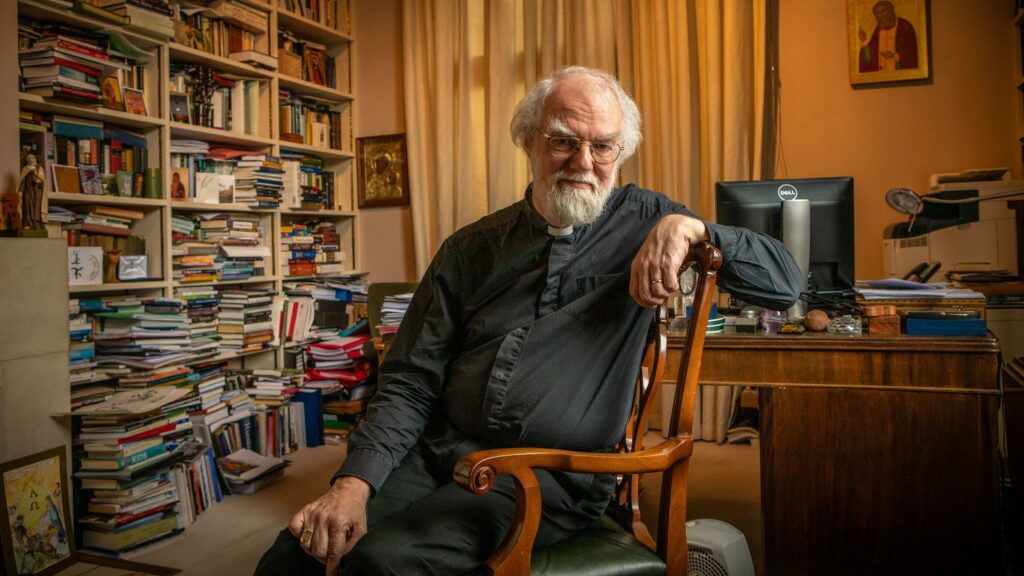
Why was the Michael Ramsey Prize created?
A reflection from The Right Reverend Rowan Williams, former Archbishop of Canterbury

Not long after my appointment to Canterbury was announced in 2002, I had a visit from a small group of former students, all of them teachers of theology and writers. They wanted to talk about what an archbishop could do to encourage the publication of first class theology that could communicate with the educated reader who was not a specialist (and might not even be a believer) but was willing to give some house-room to reflections on Christian faith that presented that faith as a credible intellectual and imaginative perspective on the culture we were living in. The Ramsey Prize – generously funded by the Lambeth Partners – was the eventual result; and, looking back on the winners of the Prize over the year, I think I can say that the initial hope was amply satisfied.
The books that have won have varied from close-focused historical studies of Scripture to broad considerations of philosophical and social questions, but all have fulfilled that basic requirement of displaying Christian faith as intellectually serious.
The point is worth underlining a little.
This is not a prize for ‘apologetic’ writing as such, although some winning titles have contributed to this in distinguished ways. It is a more indirect way of commending the faith – simply showing Christian minds in action, so as to suggest that Christian faith is a genuine resource for honest and creative thought.
To help us keep this dimension in mind, it was important that the judges included individuals who represented something of our intended public: colleagues like Simon Russell Beale and the late P.D. James made invaluable contributions, and the ‘staging’ of the Prize for a few years at the Hay Festival helped to sustain its profile in a wider cultural discussion.
It is vital for the Church’s future that we give space for an intellectual exploration that is both rigorous and celebratory (‘singing with the understanding’ in St Paul’s wonderful expression). The Ramsey Prize makes a unique contribution to keeping this space open.